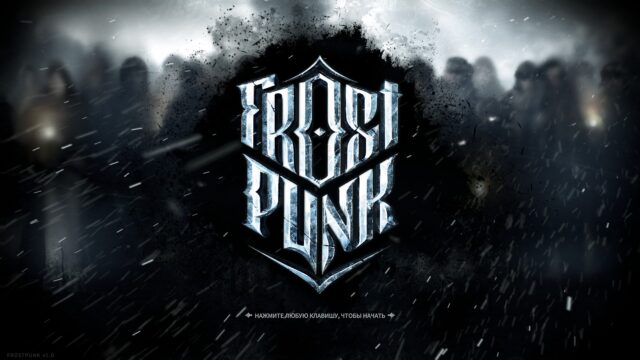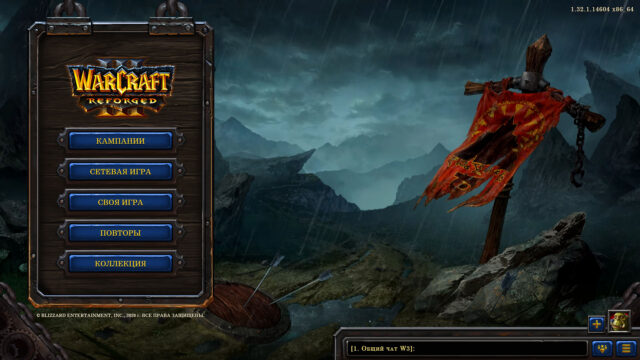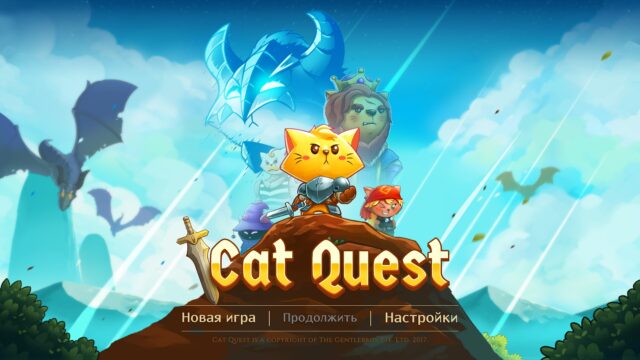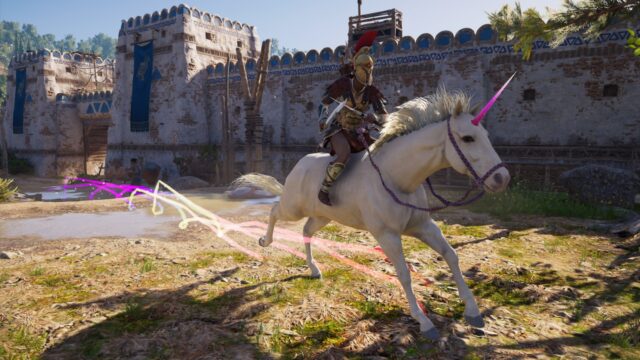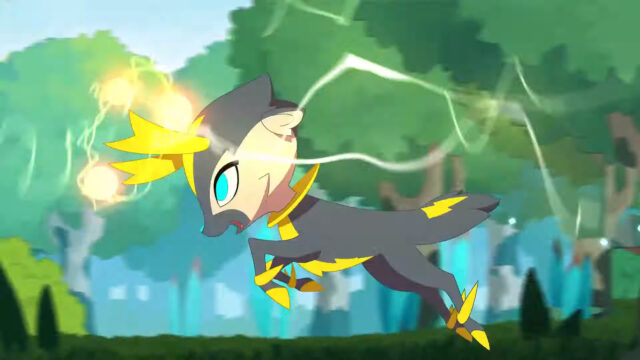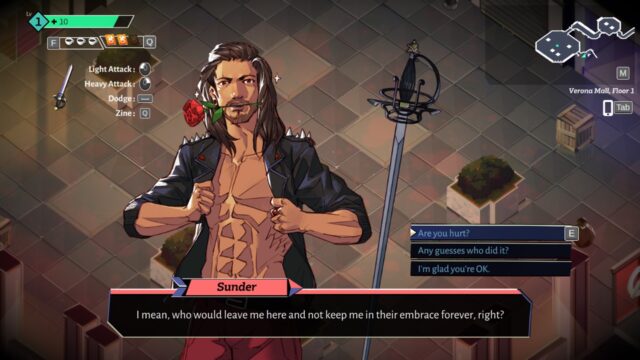Steam Library: Beholder 2
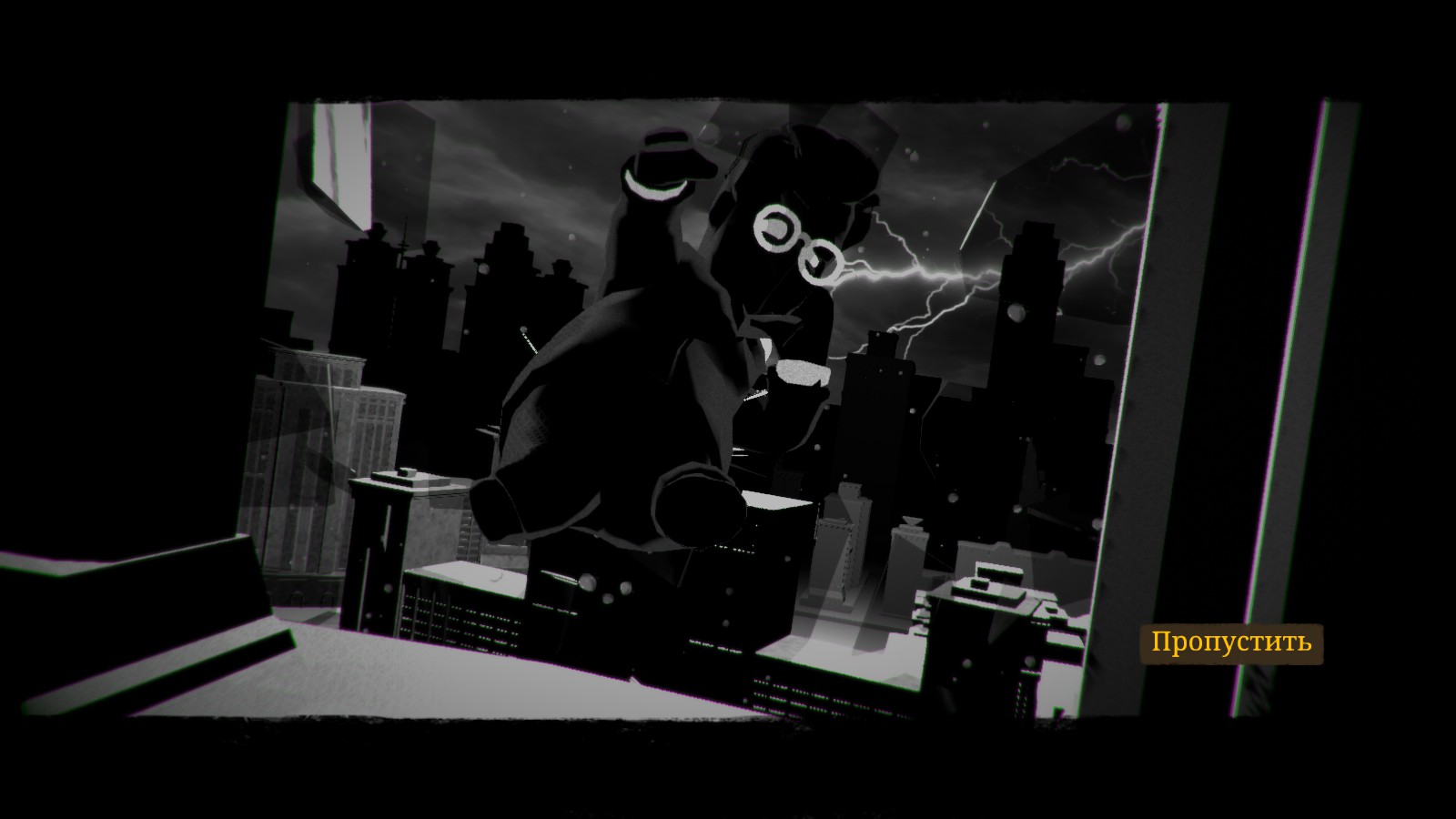
USA, the end of the alternative 80s. The superhero Comedian flies through a mess of glass shards and jelly in slow motion in his last adventure. Oh no, wait, it’s not Comedian flying.
North Borea, somewhere in the past century. A local high-ranking official flies through a mess of glass shards and jelly in slow motion in his first and last adventure. Strangely enough, this official managed to foresee his own fate. In a matter of hours, the son of an official will arrive in the capital of the totalitarian state, and he will have to unravel a tangle of intrigues, betrayals, informants, murders, conspiracies, and endless bureaucracy. Otherwise, things will go badly for everyone.
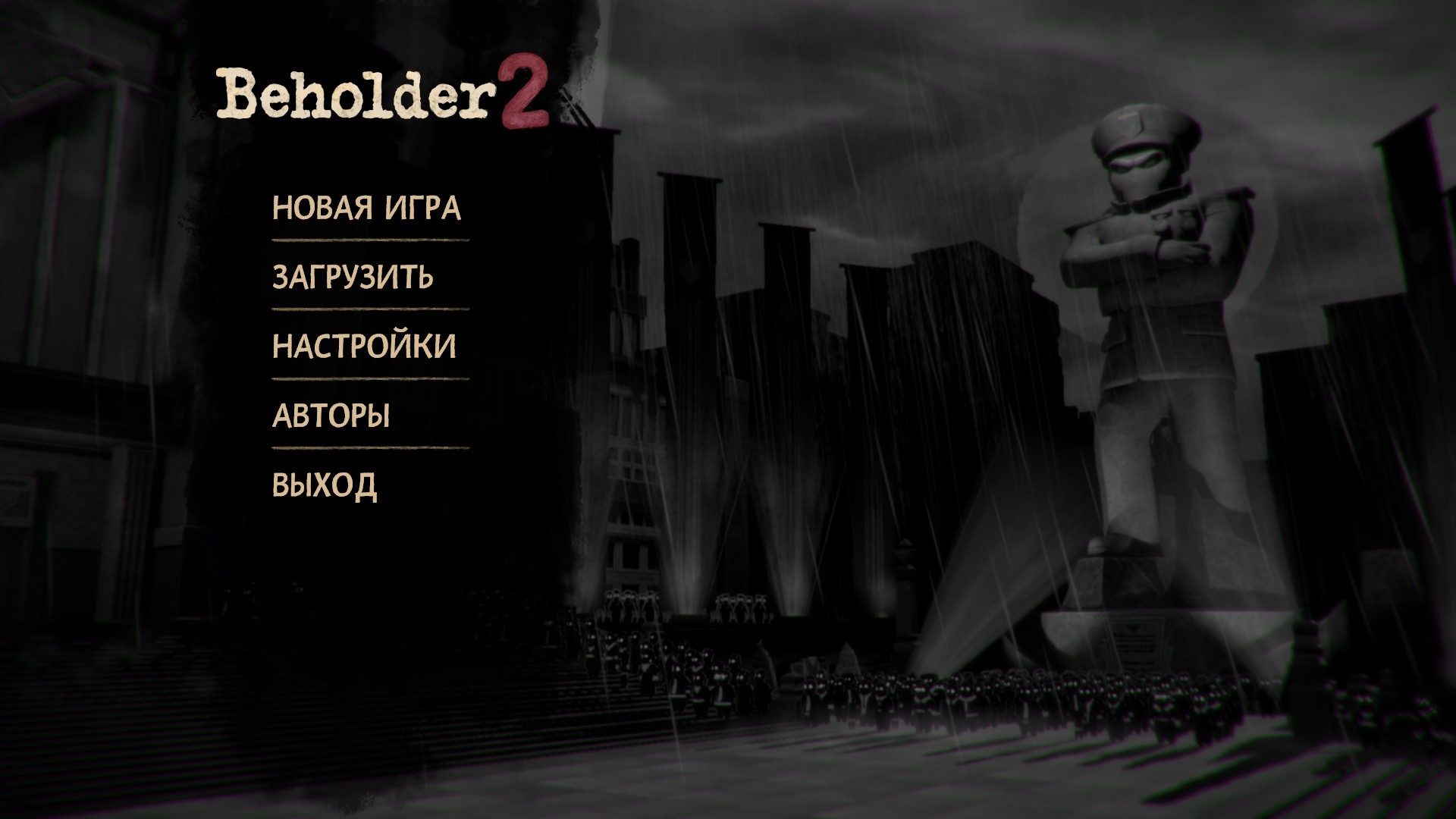
I liked the original simulator of a difficult house manager called Beholder. Everything coincided perfectly. Unusual setting for video games (which became popular among the wide audience after the release of an indie project, which we will talk about later) with interesting graphics. Classic quest gameplay with numerous appropriate innovations.
And, of course, stories about how you report on your neighbors to your older brother and summon black minibuses with the word “Bread” written on them. I have no conscience, I will report all of you, alcoholics, idlers, and hooligans, where you deserve to be at the first opportunity.
Beholder 2 is not really about the happiness of a charged superintendent. Here we will directly work for the local government, stamping random papers and eavesdropping on colleagues.
I’m always ready for that too.
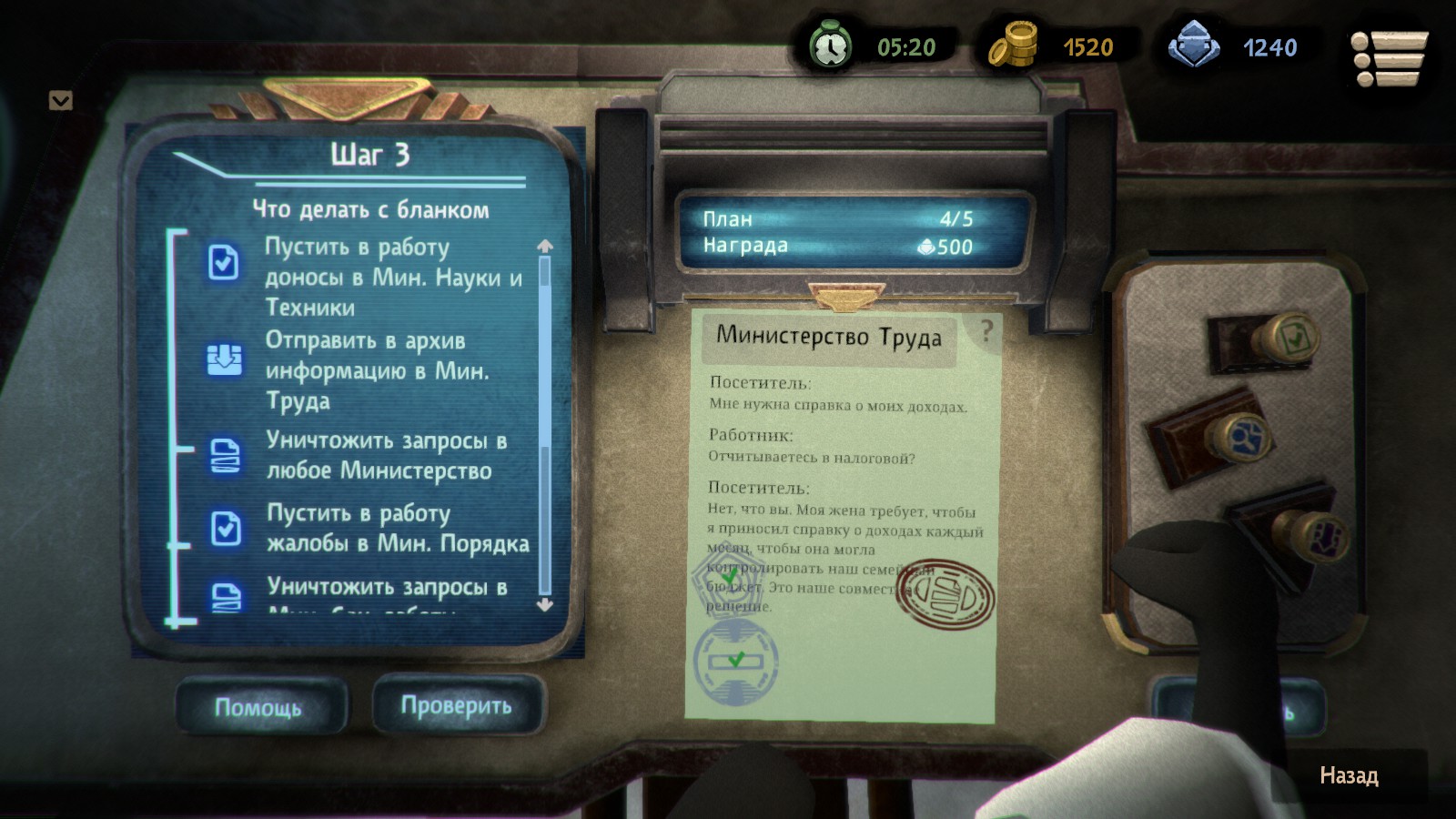
Hello, is this the committee of state security?
The weekdays of a bureaucrat-truth seeker are based on three totalitarian pillars.
The first one is the actual work. The mission is a mission, and the conspiracy must be maintained, and no well-wisher is willing to pay our hero’s endless housing bills.
Here, Beholder 2 finally surrendered to its (not very) secret inspiration. Welcome back to Papers, Please! with its tasks of perseverance and epic overcoming of routine. Throughout the game, the form of our work may change once or twice, but the essence remains the same: we take a certain civil request, figure out which instructions from the superiors it corresponds to, and stamp the paper accordingly.
Naturally, clients get confused in their testimonies, instructions are given with schizophrenia, and the flow of requests is endless and therefore unbearable. But, as they say, that’s the whole point. It’s good that the scriptwriters tried to come up with enough anecdotes about the phantasmagorical life of North Borea. The record starts to skip for the visitors of the Ministry, but not before you yourself linger on the same page of the story longer than necessary.
I happened to be one of those. I’m to blame myself, I should have dealt better with the second global task. The hardware intrigues didn’t go well for me. My career wasn’t progressing.
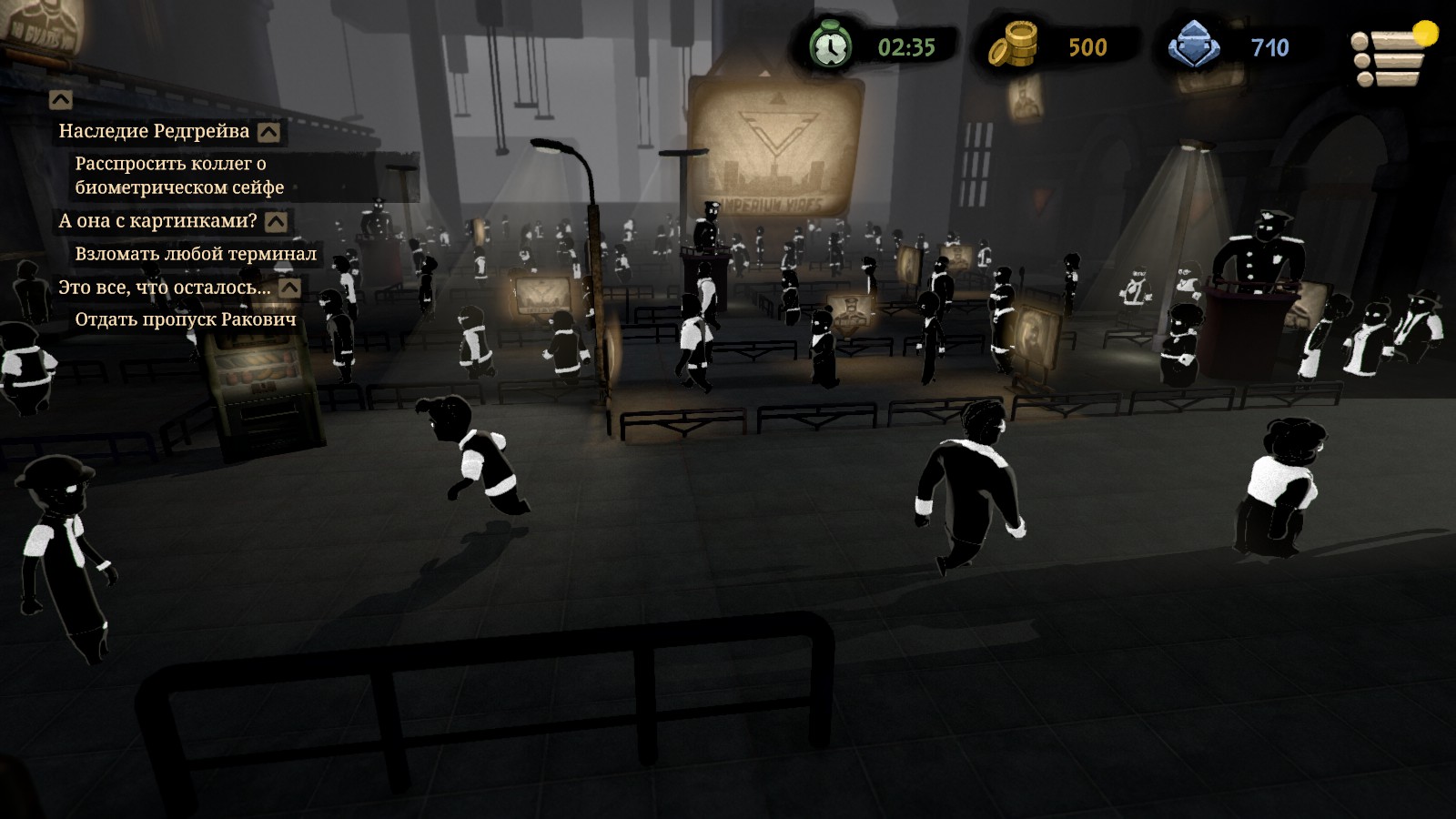
Puzzles with everyday plots, searching for necessary items, and moral dilemmas in Beholder 2 have moved from the entrances of residential buildings to bureaucratic corridors. Their nature, however, remains the same – each of our acquaintances will have at least one vice or simply a sore spot. That’s where the pressure will need to be applied. Or not, it depends on what the heart suggests.
In my backstage incompetence, I quickly realized. The first time was when I decided to express out loud everything I thought about one character and got an unexpected game over. The second time was when, after loading and finding compromising information on the same character, I immediately reported interesting facts where necessary. The comrade was promptly executed; my offended ego was calmed down by a dose of virtual blood, but somewhere in the distance, reason whispered – if only I had chosen blackmail, I would have finished the game faster.
Well, high moral actions don’t align with the local vertical of power. Yes, yes, yes, they show us this on a personal gamer example, how the system breaks good people, it’s all clear, been there, done that. But excuse me, I just worked honestly according to your own logic, where are my career preferences? Ahh, I need to report the whole department…
For the non-linear quest Beholder 2, it rolls over from one storyline to another with a painful screech. The local “influence points” piggy bank tries to count if the hero has worked diligently on all fronts, but somehow underestimates some cool and successful maneuvers. Maybe, however, I constantly exaggerated my achievements.
And finally, tired of righteous labor and bureaucratic achievements, we return home every evening. At home, you can read books, watch TV series, and, of course, pay bills and deal with shady individuals storming the front door. That’s the big greeting from the original Beholder: we used to be the building manager, and now we’re just tenants. And we experience all the delights of city life from the reverse, hehe, side.
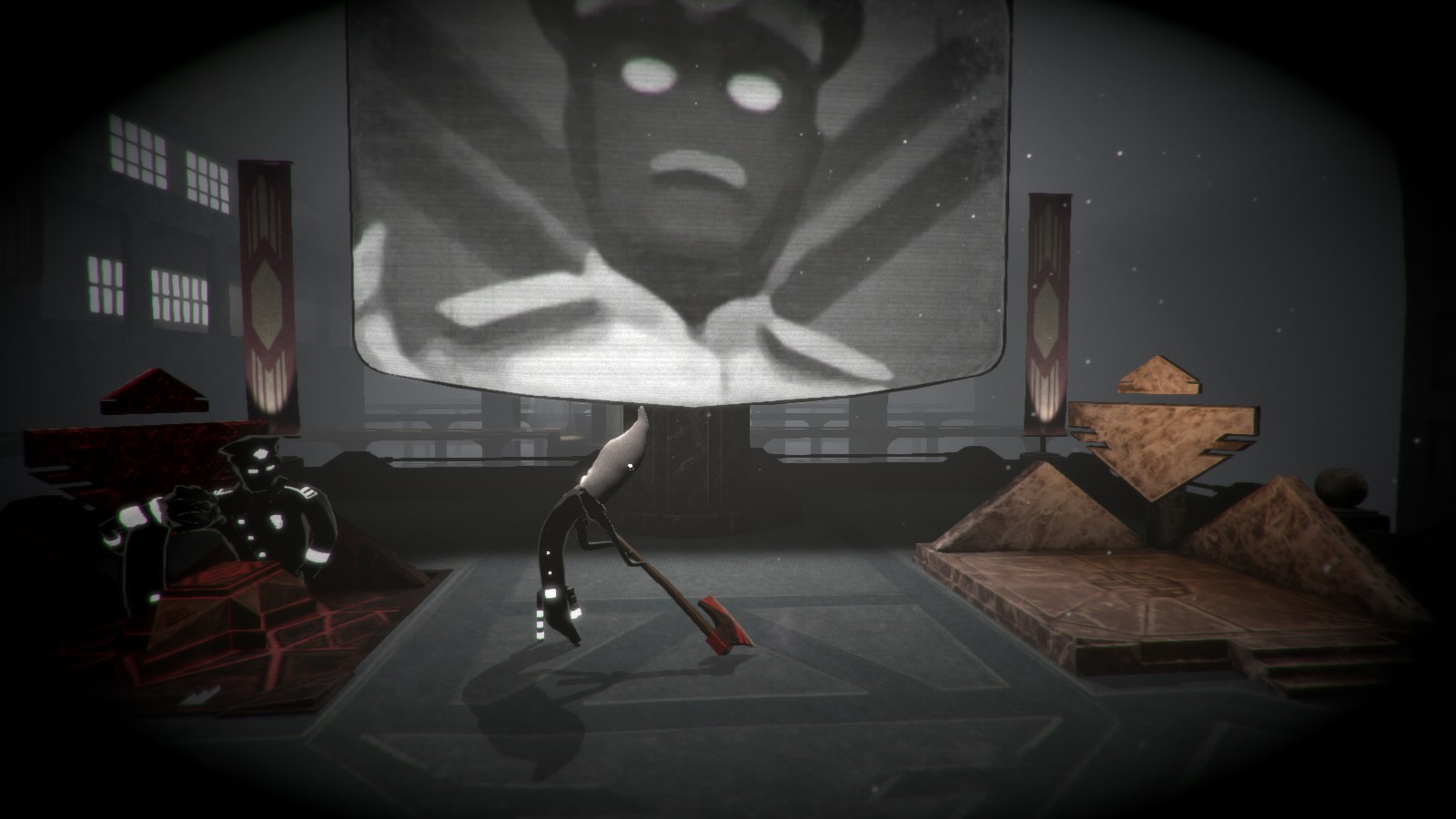
Nuclear doomsday weapon
Beholder 2, with its rich history, suffered a fate similar to that of Fallout 4.
It concerns the in-game stories. Humans are creatures that adapt. They become accustomed to post-apocalyptic scenarios and dystopias ruled by a totalitarian government. After experiencing adventures in a radioactive wasteland and a crazy gray city, you are no longer afraid of them. Therefore, sequels need to pour salt on old wounds.
Shelters from cynical social experiments have turned into backdrops for sequels like “Saw”. It can no longer be that a shelter simply opens exactly 10 years after closing. It is necessary for some otherworldly nightmare, like genetic crossbreeding of humans with beans, to occur during those 10 years.
Well, Beholder 2 is no longer satisfied with the simple atmosphere of universal surveillance and colorless everyday life with a mandatory hidden agenda. Enemies of the regime who have been discovered are now executed right at their workplaces. Power-hungry hedonists hold rave parties with the burning of prostitutes in their offices on weekdays. An entire brigade is fired for not meeting productivity targets.
After a couple of months of such revelry, the country would be devoid of people.
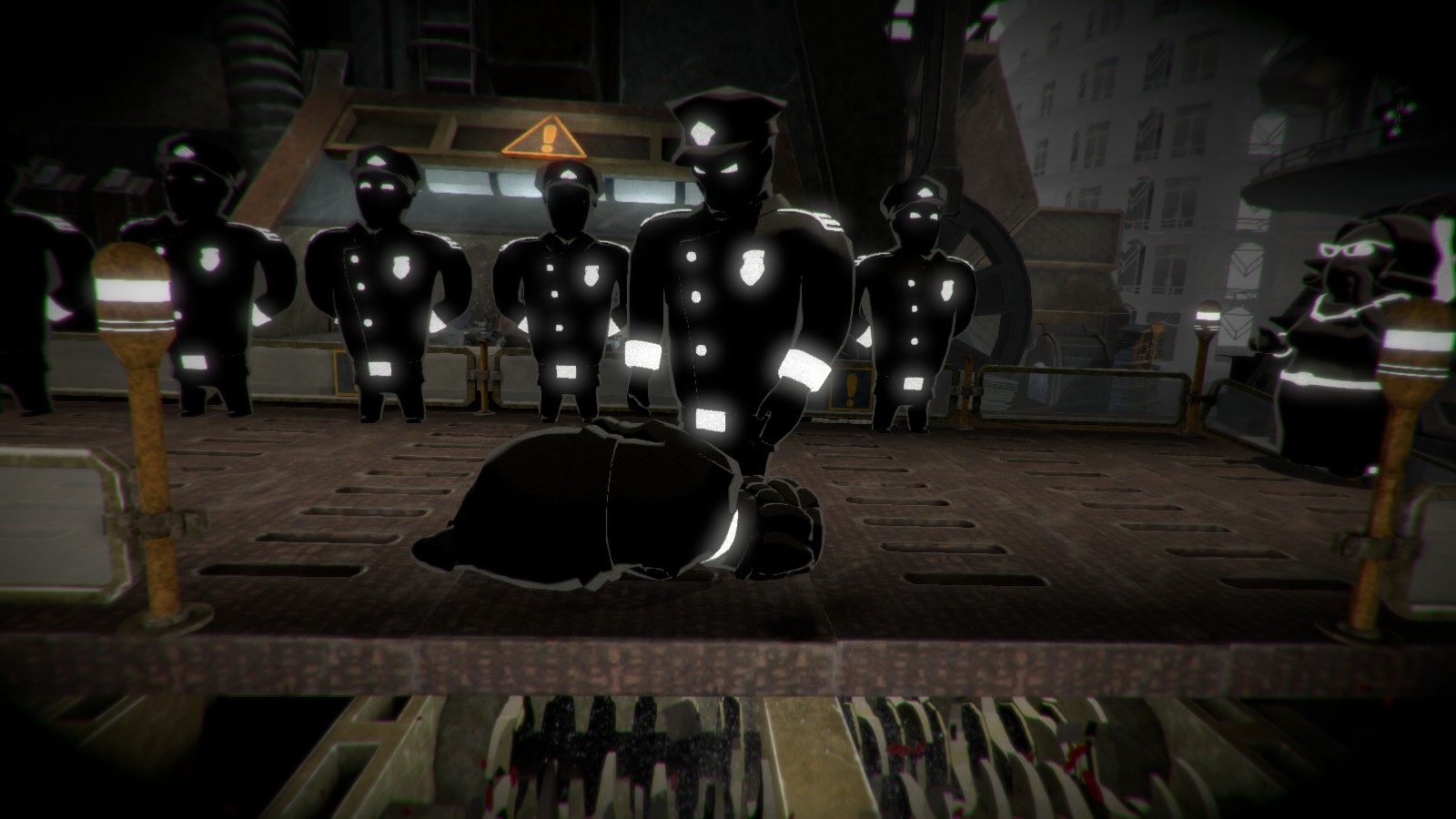
There are cunning glass droplets in the world; people on the internet like to make videos about them. At first glance, these things resemble overgrown head-shaped creatures that have exceeded all their possible limits. The essence is as follows – the head of these glass creatures can withstand some monstrous loads, and you can never just break them. But as soon as you grab this wonder by the tail, it immediately shatters into a cloud of tiny shards.
The sadistic jokes of Beholder 2 work exactly the same way. The Hell depicted in the game is terrifying at first glance, but it is also ridiculously funny, illogical, unviable, and absurd when you take a closer look. The totalitarian, merciless machine controlled by maniacs crumbles like houses made of old Red Faction Guerilla cookies. Along with it, the anti-totalitarian pathos, supposedly embedded in the game, also dissipates. North Korea survives solely by the will of the scriptwriters.
That’s who the real Big Brother is! That’s who needs to be eliminated so that the unfortunate black people can breathe deeply once in their lives! Hehe.
How the regime was hardened
However, it cannot be said that individual quest plots are boring. On the contrary, if you take separate episodes, they have intrigue, humor, drama, and everything you expect from a good adventure. Sometimes you even manage to forget that with each new career stage, the background drifts further away from the shores of “1984” towards Warhammer 40,000.
Later, though, you will still come across some outrageous nonsense.
Perhaps there is no problem with this at all when a gamer is simply expecting a lively horror story. Get ready, dear quest lovers, for dark totalitarian fantasy, and you will not be disappointed.
Share
Discuss
More Reviews
